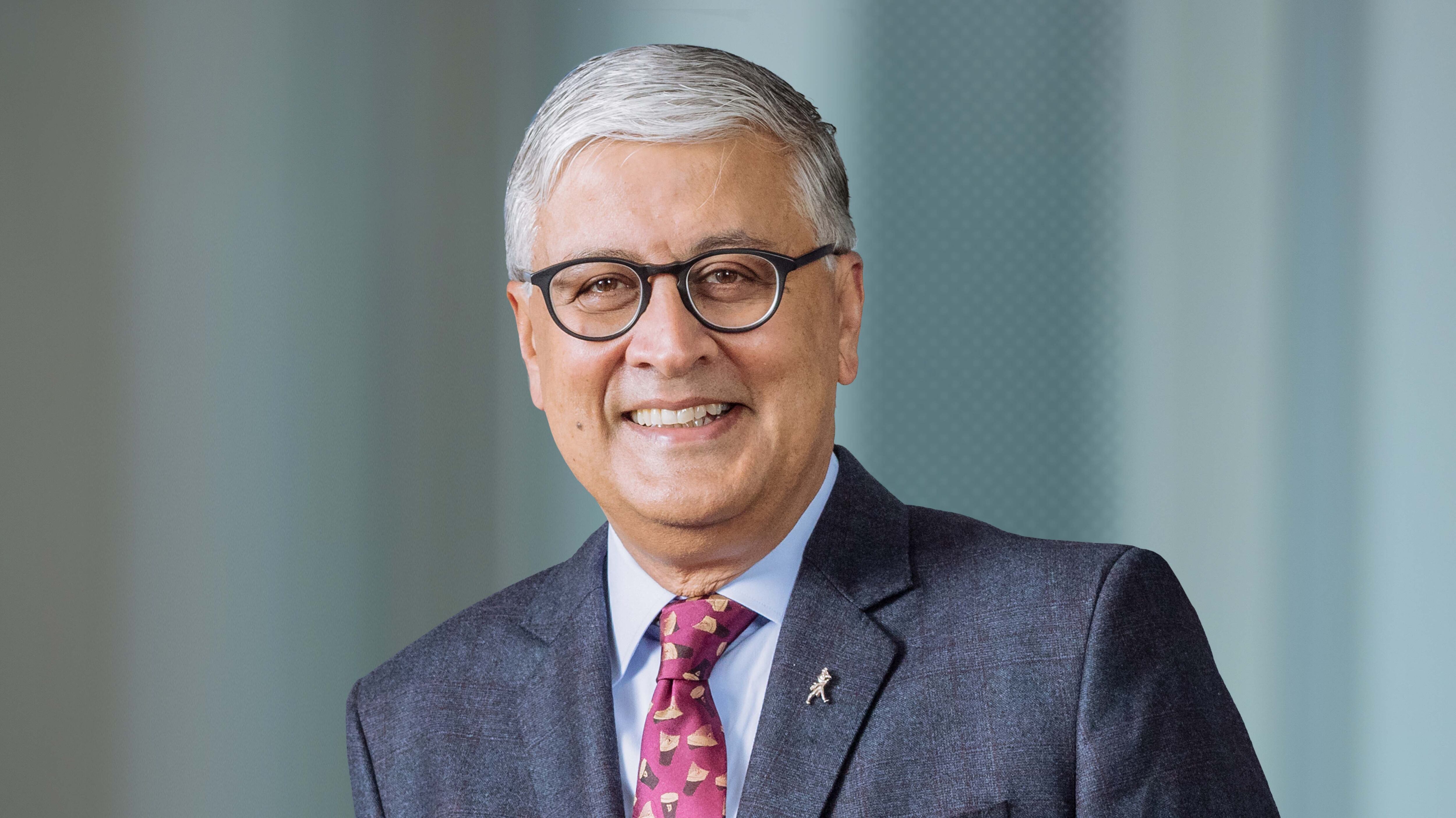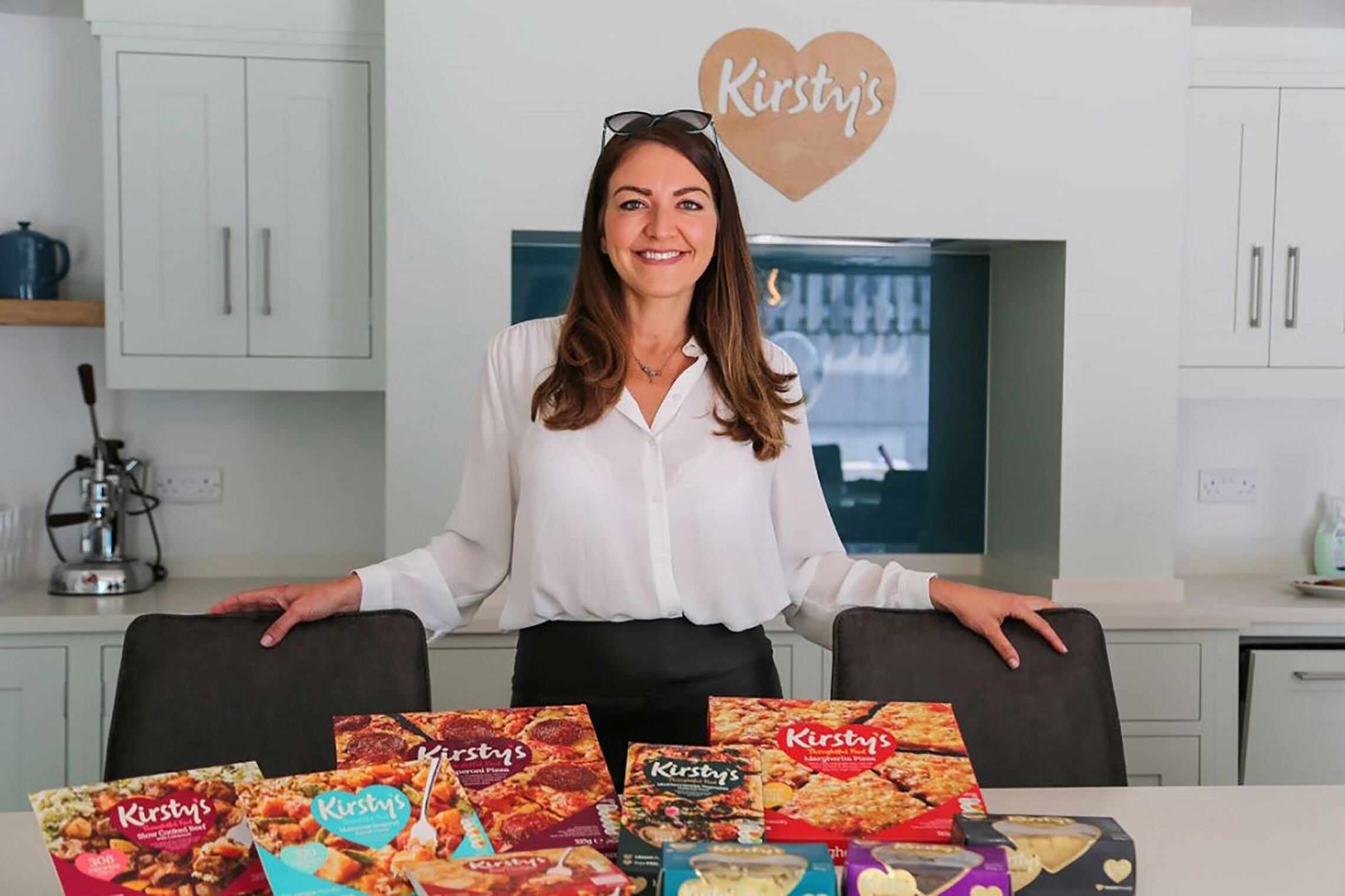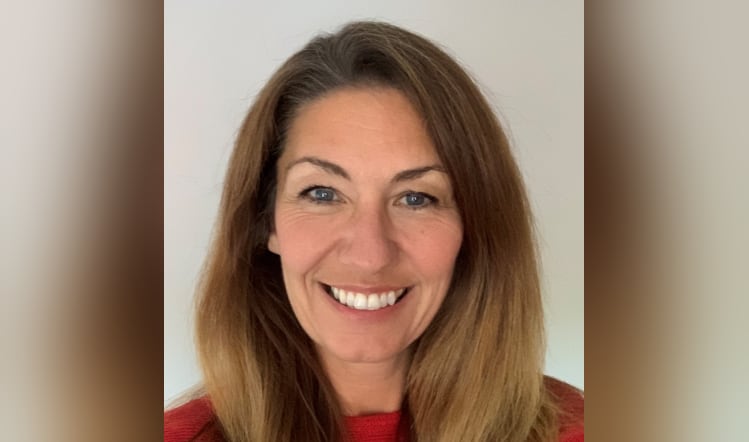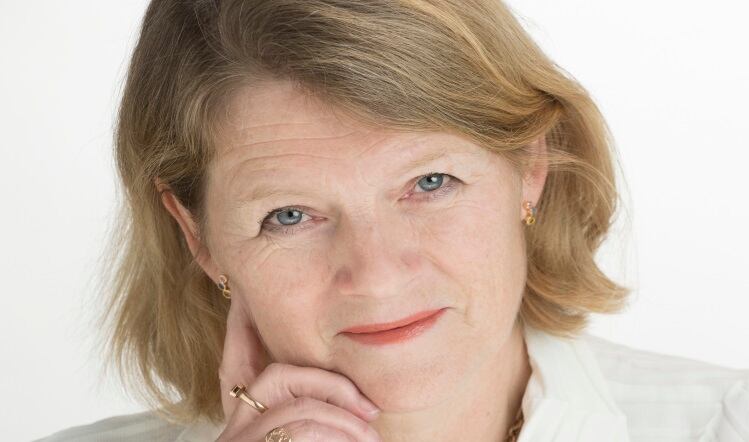According to the Hampton-Alexander Review, which charts the board level gender balance in FTSE companies, Diageo has 37.4% female representation at executive committee or direct report level. A total of 60% of its 10-strong board are women.*
Unilever came 25th in the FTSE 100 ranking, the next highest food manufacturer, with just over a third of executive committee members or direct reports and five out of 12 board members being women.
Coca-Cola HBC was the third best-performing food and drink processor, in 75th place in the league table.
Diageo: 'the power of diversity'
Commenting in the Hampton-Alexander Review, Ivan Menezes, chief executive at Diageo, said: "I've seen first-hand the power of diversity in the boardroom and around the executive table. I’ve experienced the positive difference it makes to the quality of decision-making, the varied perspectives brought to debate, and the performance it drives.
"At Diageo, we’ve witnessed the impact our inclusive culture has had on business performance, as well as our ability to attract and retain terrific talent around the world. It is a source of competitive advantage. Increasing diversity should be led from the top, but the responsibility for change and the benefits therein, must be felt by the whole organisation for it to be sustainable. I’m proud of the culture we have shaped at Diageo and the performance we are driving.
"We have made good progress, but I know we have much more to do. We have set new goals to ensure 50% of all leadership roles are held by women, as well as increasing representation of leaders from ethnically diverse backgrounds to 45% by 2030. I am determined to remove barriers, while having a positive impact on our partners, suppliers and communities: from the way we source services, to the way we progressively portray diversity through our advertising.
Greencore
In the FTSE 250, which charts the next 150 largest companies listed on the London Stock Exchange, Greencore emerged as the top food processor, in 10th place. Half its board are women and 42.4% of executive committee members or direct reports are women. In this table, among food and drink processors, Britvic came second in 75th place. Three out of eight of its board members and exactly one third of its executive committee and direct reports are women. Beverage company C&C Group was the third best-performing food and drink manufacturing business, followed by Cranswick.
However, taking the FTSE 350 as a whole, bakery retailer and manufacturer Greggs also performed very well. A total of 41.3% of its executive committee members and 42.9% of its board are women.
Greencore chief financial officer Emma Hynes said: “At Greencore, we are absolutely committed to fostering a culture of inclusion in all of its forms. We are delighted with the progress that we have made at board and management level in working towards parity of roles for women and men. However, we are well aware that we have more to do throughout the company, and are working hard to ensure that the women are better represented at every level of seniority and in every function.”
The Hampton-Alexander Review is an independent, voluntary and business-led initiative supported by the Government to increase the representation of women in senior leadership positions and on boards of FTSE 350 Companies.
John Lewis Partnership and Waitrose
Elsewhere, a report just published by the John Lewis Partnership (JLP), which includes Waitrose, has outlined key hotspots in the global food supply chain where women's rights are at risk. Spain, Egypt, Cote D'Ivoir, Ghana, Kenya and South Africa are singled out.
Women in John Lewis Partnership Supply Chains 2021 outlines ways in which the JLP is working to tackle core problems.
CASE STUDY: THE WAITROSE FOUNDATION SOUTHERN AFRICA
A recent review of the Waitrose Foundation South Africa farms showed that overall only 34% of farm workers were women, but this rose to an equal 50:50 split for seasonal workers. Seasonal workers often live in townships close to farming areas where there are limited facilities and poverty is a real concern.
By offering safe and secure child care options, with proper healthcare provisions and educational stimulation, the Waitrose Foundation has supported the increase of earning opportunities for parents on these farms.
As unpaid care work statistically falls more on women, this has been particularly effective at increasing the earning opportunities for mothers.
WFSA Impact Assessment, 2020: "Farmers acknowledged the positive and beneficial effects of pre-school care and stimulation of the children of their workers in the sense that their employees are more at ease and less worried about their children’s health and welfare. This increased the productivity of these workers and they have also become more focused and satisfied workers."
Farm Worker, 2020: "Now you can enjoy your work, because you know that your child is safe at the (ECD) centre. You know that there is a professionally skilled teacher, who can assist your child with homework, after school…Years ago, the children would be in the orchard with the parents, while we were working. Children had to leave school at an early age as there was no one to take care of them.”
The report outlines how Waitrose's Responsible Sourcing Code of Practice aspirations apply to women, from ensuring employment is freely chosen to payment of the Living Wage.
The Waitrose Foundation directly supports projects chosen by worker committees on farms, and has a global fund which focuses particularly on programmes to support women and young people.
Meat mentorship
Meanwhile, Meat Business Women has launched a new mentorship initiative to improve career opportunities for women in the global meat industry and help meat businesses develop female leaders. The programme enables women working in the meat supply chain anywhere in the world to find a mentor, become a mentor or both. To participate, women must be members of Meat Business Women. The group now offers individual as well as corporate membership.
Meat Business Women chair Laura Ryan said: “A strong mentoring relationship can be transformational for an individual’s career prospects and the meat businesses they work for. Our mentorship programme makes it easy for our community around the world to connect, exchange knowledge and gain new skills, while helping meat businesses develop a strong pipeline of talent and future leaders. We have a growing number of female and male business leaders joining the platform to help support our launch."
In 2020, research by Meat Business Women revealed that women make up just 36% of the meat industry’s global workforce and hold just 5% of chief executive roles.
Meat Business Women works in partnership with meat businesses to remove the barriers that stop women from reaching their full professional potential. It has the strategic backing of major meat processors including Cranswick, Dunbia, Hilton Food Group, ABP, Moy Park, Linden, OSI, 2 Sisters Food Group, Kepak and Pilgrim’s UK. In 2019, it was officially recognised by the United Nations as a solution to one of its Global Sustainable Development Goals (SDGs).
* Board data as at 11 January 2021; executive committee and direct report data as at 31 October 2020.




